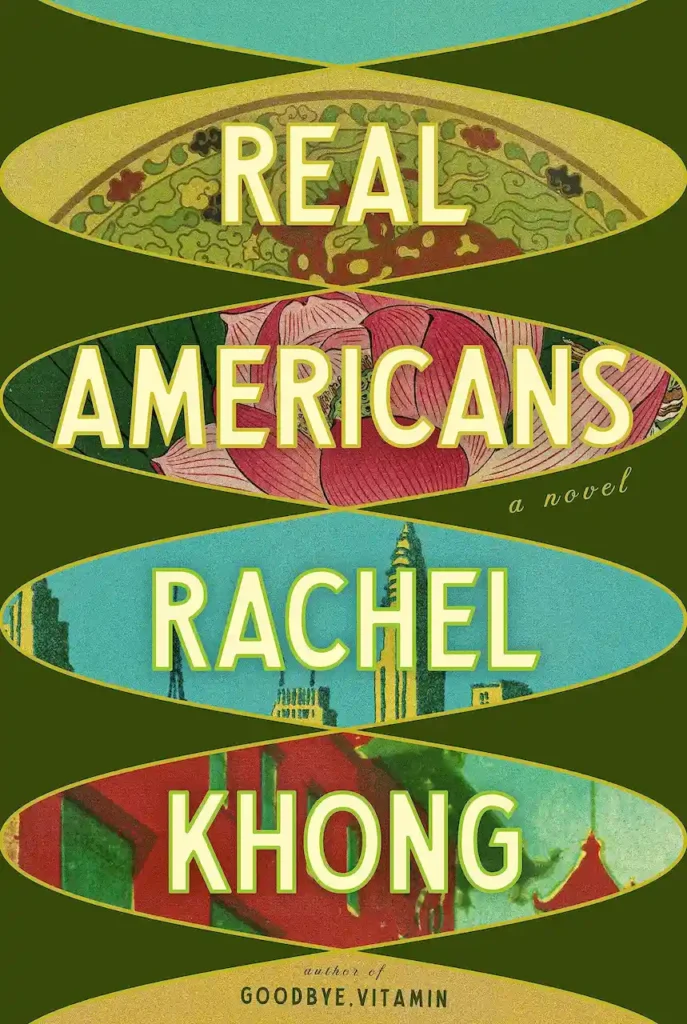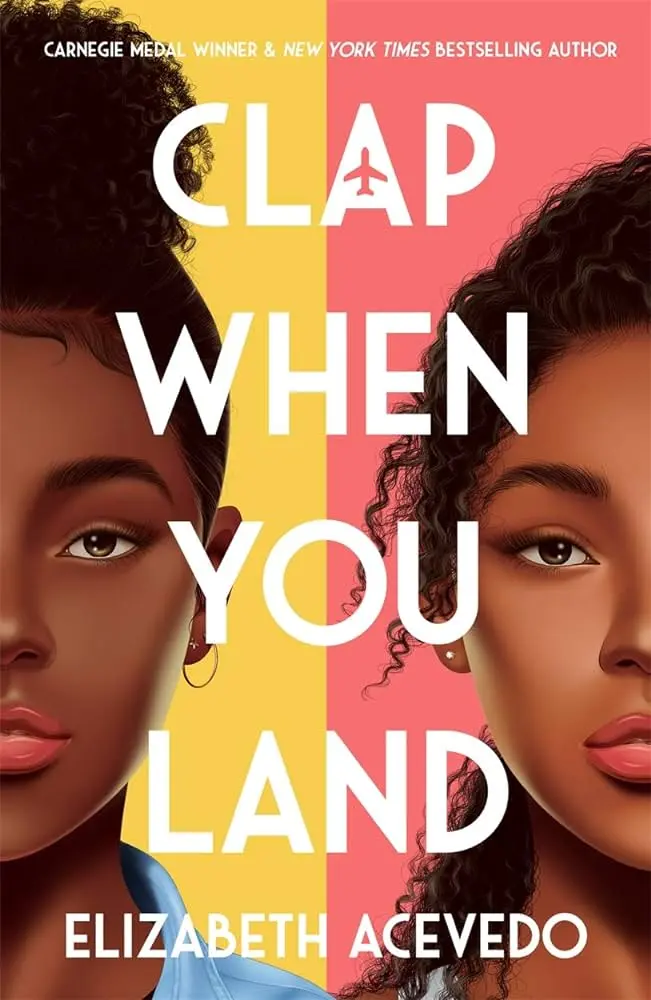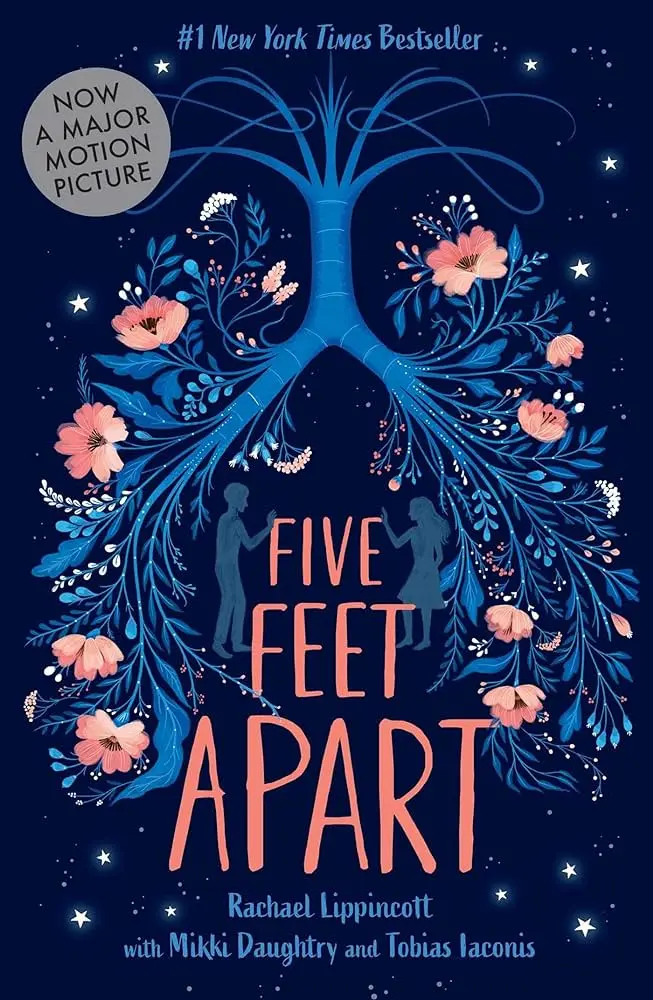Real Americans has been sitting on my bedside table for weeks, its gorgeous cover taunting me every night. I finally carved out a weekend to dive in, curled up with my signature hot chocolate (yes, even in summer – I’m that person), and emerged with some complicated feelings about this ambitious novel.
The book unfolds through three distinct perspectives across different time periods. We start with Lily in 1999, a young woman working an unpaid position while trying to figure out her place in the world. Her story reads like a love story as she falls for Matthew, heir to a pharmaceutical empire. Their relationship unfolds in these beautiful, quiet moments that had me completely invested. But just as I settled into their rhythm, the narrative shifted.
We jump forward to 2021, where we meet their teenage son Nick struggling with questions of identity and family secrets. His portion feels distinctly coming-of-age, capturing that universal teenage angst of trying to understand who you are and where you came from. The dynamics between Nick and his mother Lily particularly fascinated me – there’s so much love there, but also so many unspoken words.
Then we arrive at Mei’s section in 2030, which for me was the most compelling part of the novel. Her recounting of life during China’s Cultural Revolution is haunting and vivid. The descriptions of neighbor turning against neighbor, of intellectual pursuits becoming crimes – it’s the kind of historical storytelling that makes you feel like you’re right there, heart in your throat.
The book tackles an ambitious array of themes – belonging, genetic engineering, family expectations, privilege, identity. Sometimes it feels like too much, like trying to fit an ocean into a teacup. Each time I’d get excited about an interesting observation or theme, the narrative would pivot to something else, leaving me wanting more depth.
What kept me turning pages was this constant sense of anticipation – this feeling that something profound was just around the corner. The writing style took some getting used to, with its choppy observations and information bursts that initially kept me at arm’s length emotionally. But after a few chapters, either I adjusted or the writing smoothed out (I’m still not sure which).
I love how science weaves through the story, especially the ethical questions around gene editing. It’s fascinating territory that feels increasingly relevant to our world. But here again, I wished for more – more exploration, more depth, more wrestling with the implications.
The structure of the novel is both its strength and weakness. While each perspective feels distinct and authentic, they never quite come together in that satisfying way I was hoping for. There are gaps in the timeline, questions left unanswered. Yet somehow, the story still feels complete – like a family photo album with missing pages that still tells a coherent story.
For all my wishes for more depth in certain areas, I couldn’t put this book down. Khong has created something unique here – a story that exists somewhere between reality and fantasy, between past and future, between what we inherit and what we choose. It’s not quite the book I expected, but maybe that’s part of its charm.
Real Americans reminds me of those conversations where you’re about to get to something really important, but then someone changes the subject. You’re left with this lingering sense of almost – almost understanding, almost connecting, almost revealing. It’s frustrating and compelling in equal measure, much like family histories themselves.
Is it a perfect book? No. But it’s the kind of imperfect that stays with you, that makes you think, that has you reaching for your phone to call your mother. And sometimes, that’s exactly what we need from a story.



